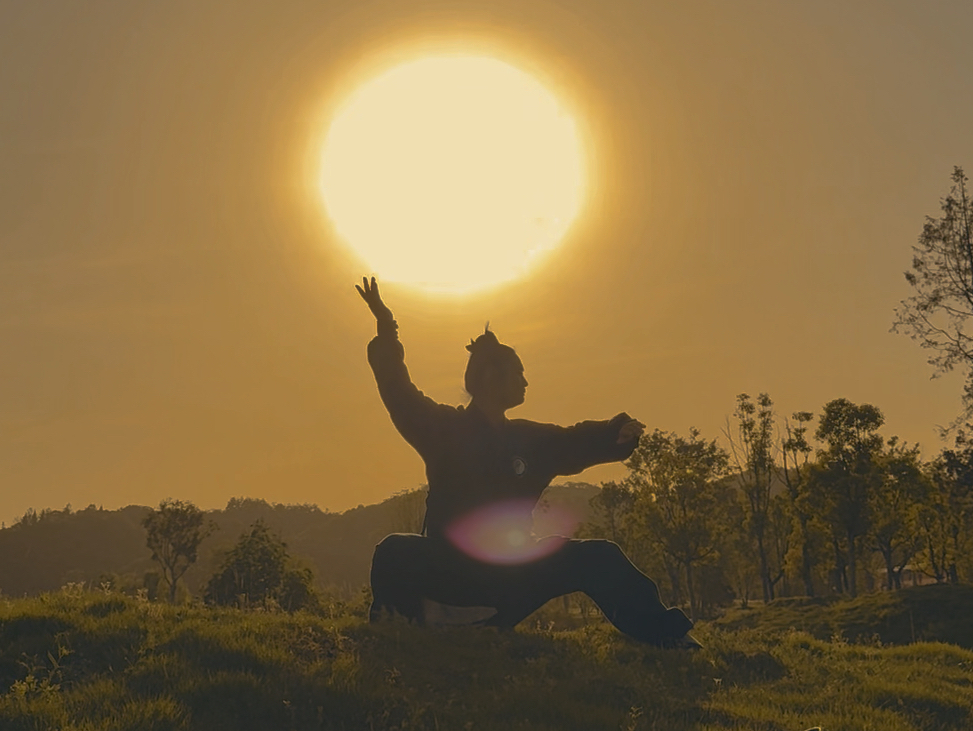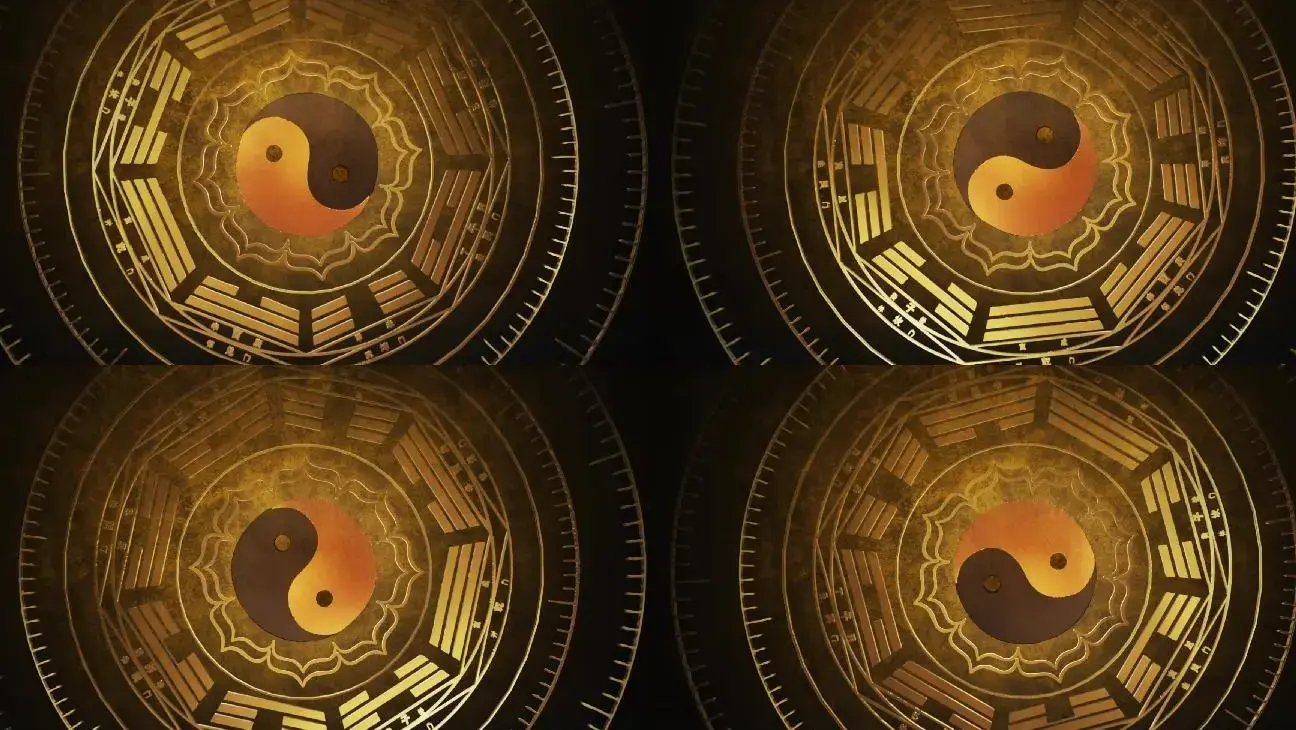Tai Chi, in my mind, is not only a martial art, but also a cultural treasure with deep philosophical meaning. It not only emphasizes the integration of movement and stillness, but also emphasizes the balance of hardness and softness. This method of exercise fully demonstrates the Chinese people's philosophical thinking and health wisdom.
The Origin and History of Tai Chi
The origin of Tai Chi can be traced back hundreds of years, and is said to have been created by masters such as Zhang Sanfeng. It combines the best of ancient philosophy and martial arts. In ancient times, Tai Chi was mainly used for physical enhancement and martial arts training. Over time, Tai Chi evolved into a cultural symbol. Today, Parkinson Tai Chi has spread all over the world, and many foreigners have begun to understand and practice Tai Chi, attracted by its unique charm.
The health value of Tai Chi

Tai Chi practice can enhance physical fitness. Although the movements are slow, they are full of grace and can exercise the whole body. From a physical function perspective, it can improve the body's flexibility and balance. On a mental level, it also relieves stress. Many people today are stressed and nervous. Tai Chi can help us calm down, feel the present moment, relax the mind in slow movements, and achieve the effect of physical and mental cultivation.
The technical core of Tai Chi
One of the core elements is the clever shift in focus. As the movement progresses , the center of gravity is always changing subtly. Just like clouds floating freely in the sky, it is natural and smooth. At the same time, there are changes between virtuality and reality in the movements. The seemingly gentle arm movements actually contain inner strength. Taking "Cloud Hands" as an example, the hand movements need to be as elegant as clouds, while the footwork needs to be stable and orderly, and the two need to coordinate perfectly.

The cultural significance of Tai Chi
Tai Chi is a symbol of Chinese people’s attitude towards life. What it advocates is to use softness to overcome toughness, not to confront toughness head-on, but to resolve it in clever ways. In interpersonal relationships, we don’t always need fierce confrontation. The wisdom contained in Tai Chi tells us that we can deal with problems in a more gentle and clever way. Are you also curious about the physical and mental changes that Tai Chi can bring? Please leave a message in the comment area, like Tai Chi For Diabetes , and share your views.


